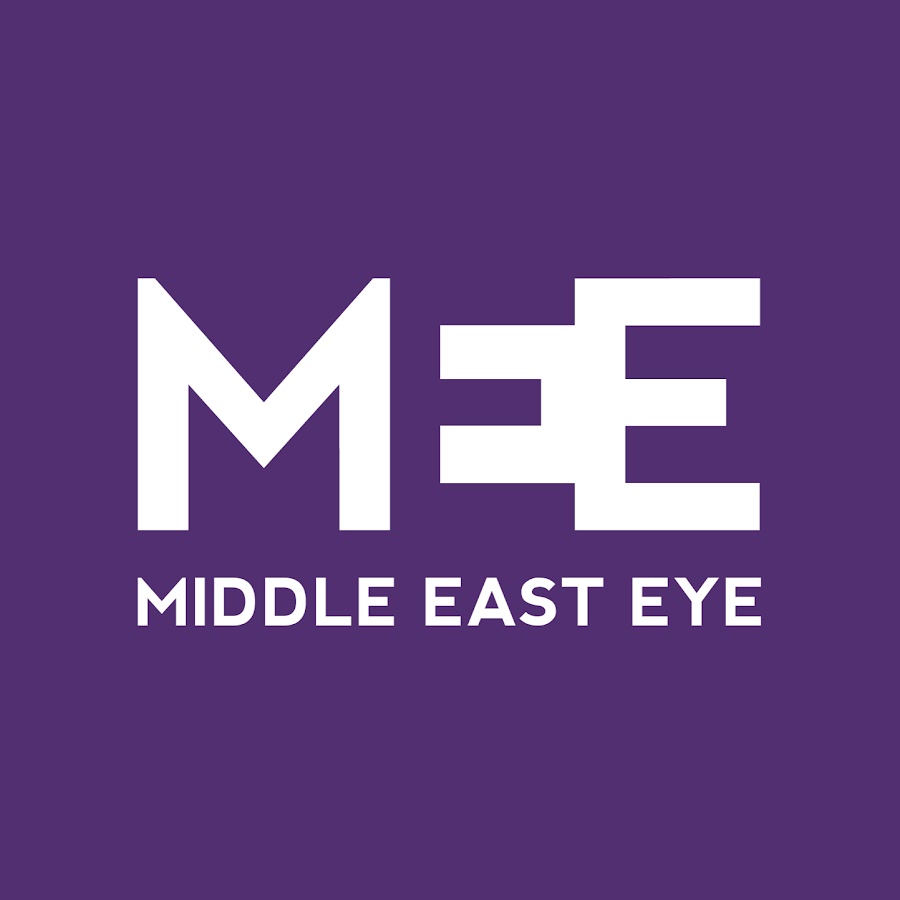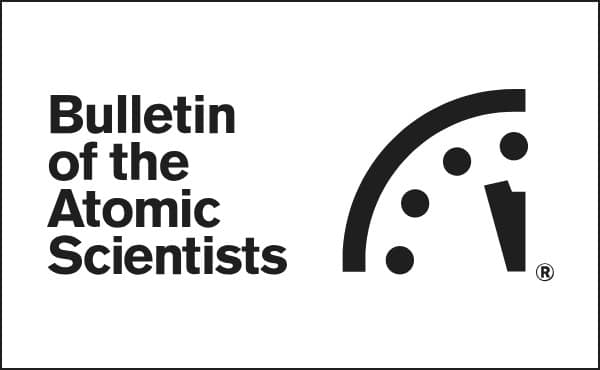But there is an alternative path forward: save the Iran deal. Under the agreement, Iran accepted the most comprehensive transparency measures and limits that a member state of the Nonproliferation Treaty has ever accepted. This model should be accepted by other countries pursuing nuclear-energy programmes. For the international community, therefore, preserving the Iran deal must be a vital first step towards strengthening the nonproliferation regime.





